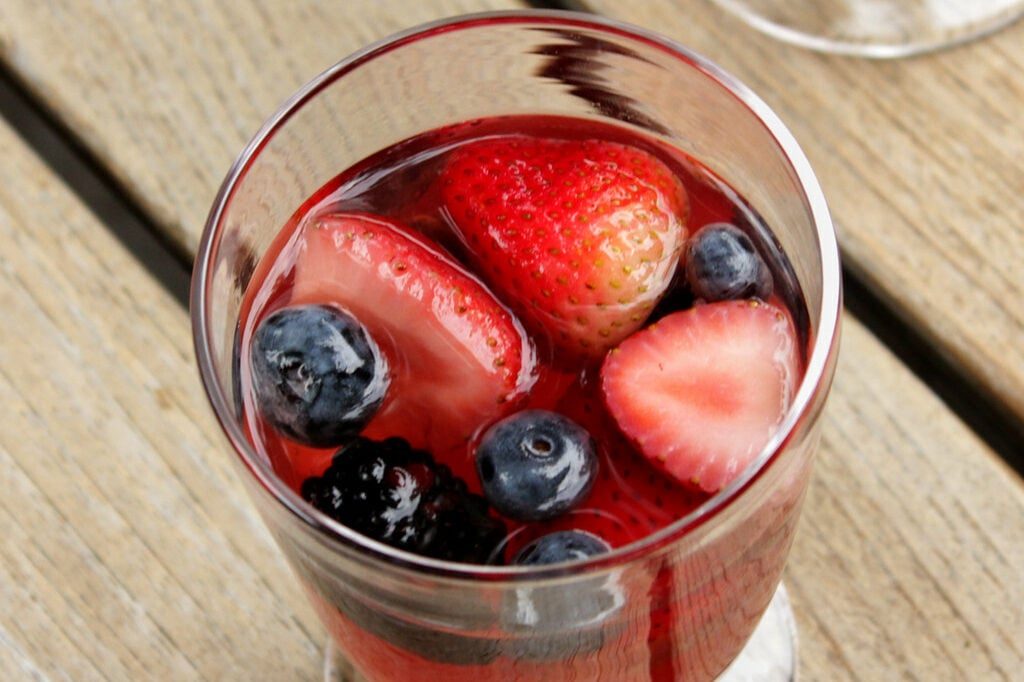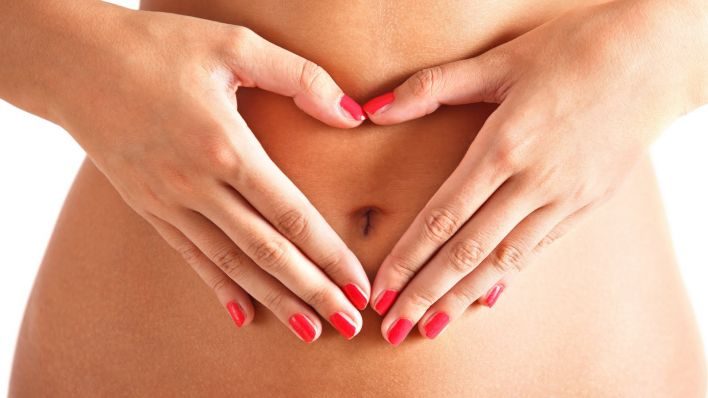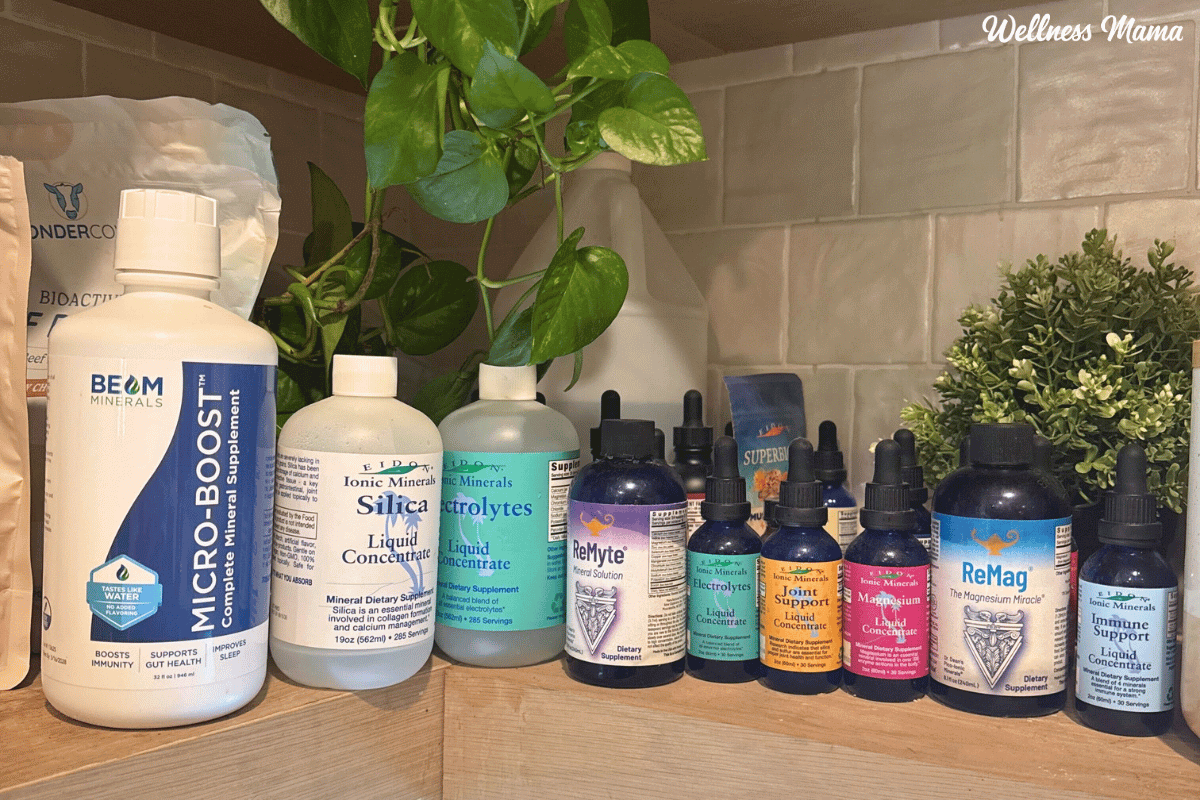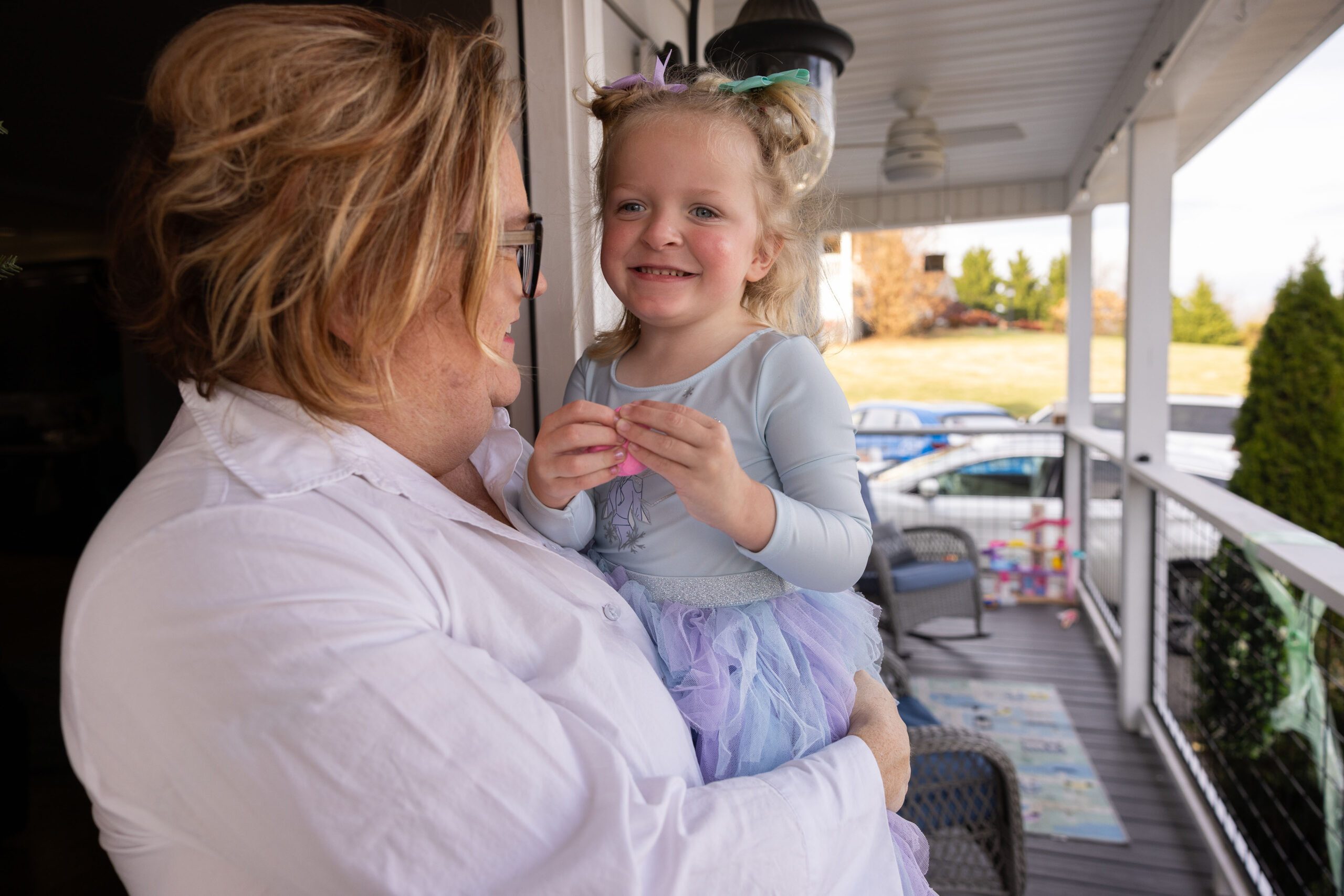—
Please Note: This is a paid article that is presented for informational purposes only and is not meant to diagnose or treat any illness. If you have any health concern, see a licensed healthcare professional in person. This article does not constitute an endorsement or approval of this product or any claim, statement or opinion used in promotion of this product.
Caring for children’s teeth is never quite so easy as it sounds. Children have notoriously short attention spans and are always looking to run off, play, or do something exciting. Unfortunately, brushing their teeth, flossing, or using mouthwash isn’t some of the things they enjoy. Parents and guardians of young children need to go the extra mile to ensure that kids protect their teeth and do not allow for bad oral hygiene.
Adults need to be persistent with their efforts once toddlers start teething. It is usually from this stage that dental care starts. Initially, parents need to brush the child’s teeth for them. Once the child is a bit older, they need to start taking on board good oral habits. Since children are quick to learn, teaching them how to brush their own teeth isn’t difficult. The real challenge begins when they reach two years and above and do not want to brush their teeth. This critical time is when parents need to be extra vigilant (especially when children throw massive tantrums).
How can you keep your child’s teeth clean?
You will need to be consistent with the brushing schedules and need to set a daily routine, so your child knows what to expect at what time.
- You should help your child brush their teeth twice a day (ideally after breakfast and dinner).
- You should buy a soft-bristled brush for your child’s teeth. Modern brushes help get the food debris out without any vigorous brushing.
- You should change the toothbrush heads every three months, or when the bristles start splitting or spreading.
- You should purchase toothpaste with a low fluoride count for toddlers and children below the age of 6 years. Excessive fluoride may lead to fluorosis. Use a tiny smear of the toothpaste for children of 0 – 3 years and a pea-sized blob for ages 3 – 6.
- When helping your children brush, you should make small circular motions that cover the front and back of the teeth. Avoid using a back and forth sawing motion as this may harm or injure the gums and cause bleeding.
- You should encourage your child to spit out the toothpaste instead of swallowing it. If your child has a tendency to eat toothpaste, try changing the flavor. Since most children’s toothpaste is sweet and fruity flavored, try and switch to minty toothpaste to discourage swallowing.
- You should also take your child to visit the dentist every six months. Many dentists purchase good quality dental instruments from Kent Express dental wholesalers that help keep your child’s teeth healthy.
You should persuade children to try to brush their own teeth. A parent, elder sibling or adult should oversee the brushing to avoid choking and other issues. If the child is unconvinced, you could try brushing, showing them how it’s done, and asking them to copy your movements. Doing this may also make the process seem less threatening.
As a parent, you should never forget that children thrive on encouragement. When your child starts making an effort to brush their own teeth, you should try your best to encourage them. Lots of praise, clapping, a hug, singing a song, and words of encouragement like ‘good job’ and so on will make brushing a fun activity.
Which Types Of Foods Will Help Build Strong Teeth?
There are lots of great foods that will help your child develop solid and healthy teeth. While it is universally known that you should avoid giving children too many sweets, some foods can actually help build strong teeth.
- Vitamin C: Vitamin C from fruits like kiwis, oranges, limes, cantaloupes, strawberries, and papaya promote a healthy supply of collagen to the gums.
- Yogurt: Low or no sugar Yoghurt is a natural probiotic that helps with fighting plaque and build-up.
- Vegetables: Veggies like carrots, cucumbers, celery, green beans, cauliflower and more are naturally crunchy and help clean your child’s teeth and gums.
- Eggs: Eggs contain Vitamin D, which is extremely useful for the body. It helps in the absorption of calcium and phosphate.
- Water: Drinking water is beneficial for the body. It helps fight off dehydration and also washes off leftover food particles in the mouth.
As far as possible, it is best to avoid high sugary foods and sweets. You should not ban chocolates, desserts, and other sweets, but reduce them as much as possible. If your child is overly fond of sweets, ensure that they eat it in one shot, instead of throughout the day, so you can oversee the cleaning of their teeth.
—
This content is brought to you by Katie James.
Shutterstock
The post Tips for Caring for Your Child’s Teeth appeared first on The Good Men Project.
Original Article










